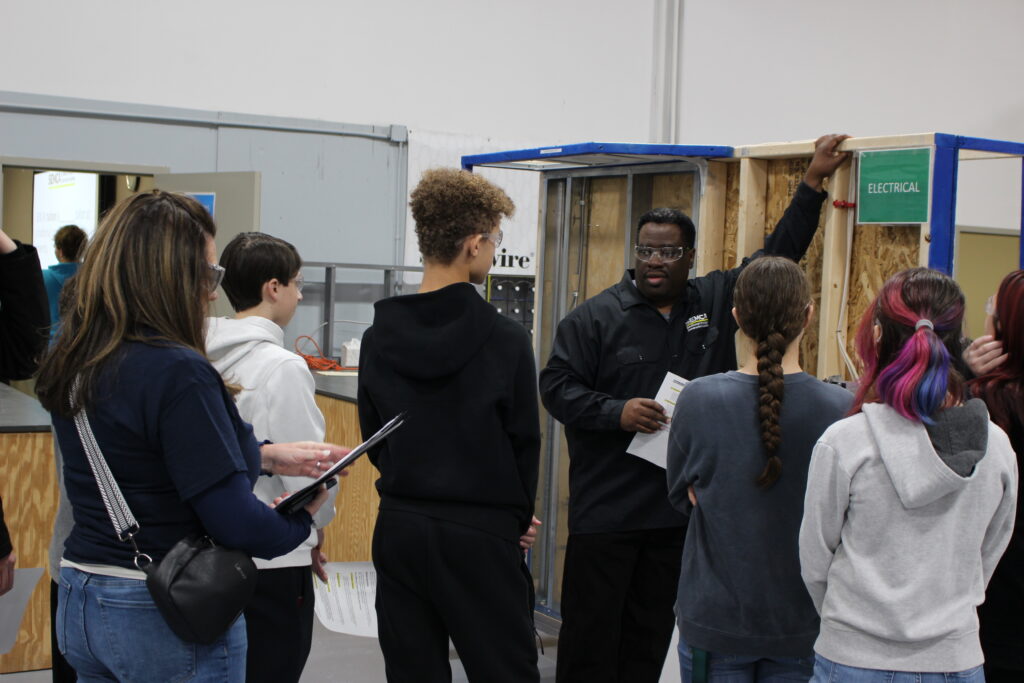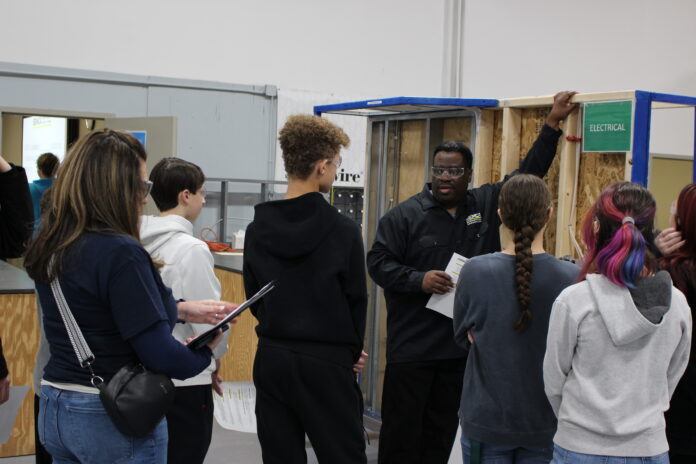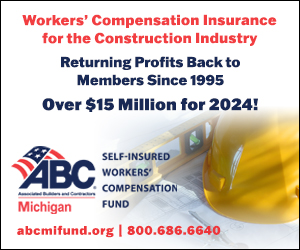
In an ever-evolving world, the construction industry is the backbone of progress, building cities and infrastructure that shape the future. However, behind its towering accomplishments lies an urgent challenge — a shortage of skilled workers threatening to slow down this vital sector. At the heart of the solution lies the imperative to encourage a more diverse and inclusive workforce.
Historically, the construction industry has been predominantly male-dominated, with women and under-represented groups often relegated to supporting roles. However, the narrative is changing, and the industry recognizes these untapped talents’ immense potential. Encouraging women and people from diverse backgrounds to enter the construction field isn’t just about filling gaps; it’s about harnessing a wealth of creativity, skills and perspectives that can drive the industry forward.
The construction industry has faced this looming crisis of an aging workforce, lack of skilled talent available and an overall unattractiveness pushed throughout society. The shortfall not only impacts deadlines, but has the potential to impact economic growth and improvements to an aging infrastructure.
Sarah Strohbeck, a career readiness and counselor consultant in Macomb County, says she’s been training counselors in her role to understand all paths available to students after high school.
“Historically, schools promoted going to college. Students prepared to take the SAT test as juniors because that’s how schools did business. The problem is students went to college, but came back because it wasn’t for them. They were pursuing something they thought they had to, which impacted their mental health greatly because when they realized college wasn’t a good fit, they thought they had failed,” Strohbeck said. “The industry started to warn us about a gap in workers if we continued this way, so we started changing our message and that everyone has their own niche.”
Strohbeck credits an increase in funding for career and technical education classes in high school, as well as partnerships with organizations like SEMCA that help expose all available avenues after graduation. “I’ve watched students light up when they see they can be successful,” Strohbeck said. SEMCA’s 2023 Craft Champion Mario Al-Ton was enrolled in college for a semester before determining it wasn’t the path for him. Ultimately, Al-Ton decided to enroll to become an electrical engineer. His dad and uncle are electricians, and he wanted to take it a step further. “There was this prestige around going to college when you were in high school, so I thought I could forge a path to a career. After one semester I knew this was not what I wanted. I like to work with my hands and just didn’t like being behind a desk in several classes, so I left and found my way to SEMCA,” Al-Ton said. “I didn’t know what I didn’t know. Trade school and SEMCA weren’t mentioned as an option after high school.”
What can we do moving forward?
ABC and SEMCA vice president Deanna Morley said that conversations are changing in schools and that there isn’t a “college path only” message spreading throughout high schools.
“SEMCA has played an active role in going to the local school districts to share alternate career paths. I think that the schools and communities as a whole have seen the impacts of pushing only college and there’s been a realization this isn’t a sustainable
option. Without construction and skilled trade workers, we can’t support growth in other areas,” Morley said.
What can ABC members do to further attract new talent?
To bridge this gap and ensure a thriving future for the construction industry, we must continue to inspire and empower women and underrepresented communities. By providing access to education, sponsorship, mentorship and opportunities, we can create a workforce that reflects the rich tapestry of humanity itself. Together, we can build concrete and steel structures, and a more equitable, inclusive and resilient industry that paves the way for a brighter tomorrow.
“There’s never been a better time to enter the construction industry as a woman,” said Douglas Electric president Paige Levy. “There’s been a tremendous growth over the last decade or so where more and more women want to work in construction. I think as employers and leaders in the industry, it’s important to recognize that budding enthusiasm and see how we can play a part in facilitating this growth.”




















